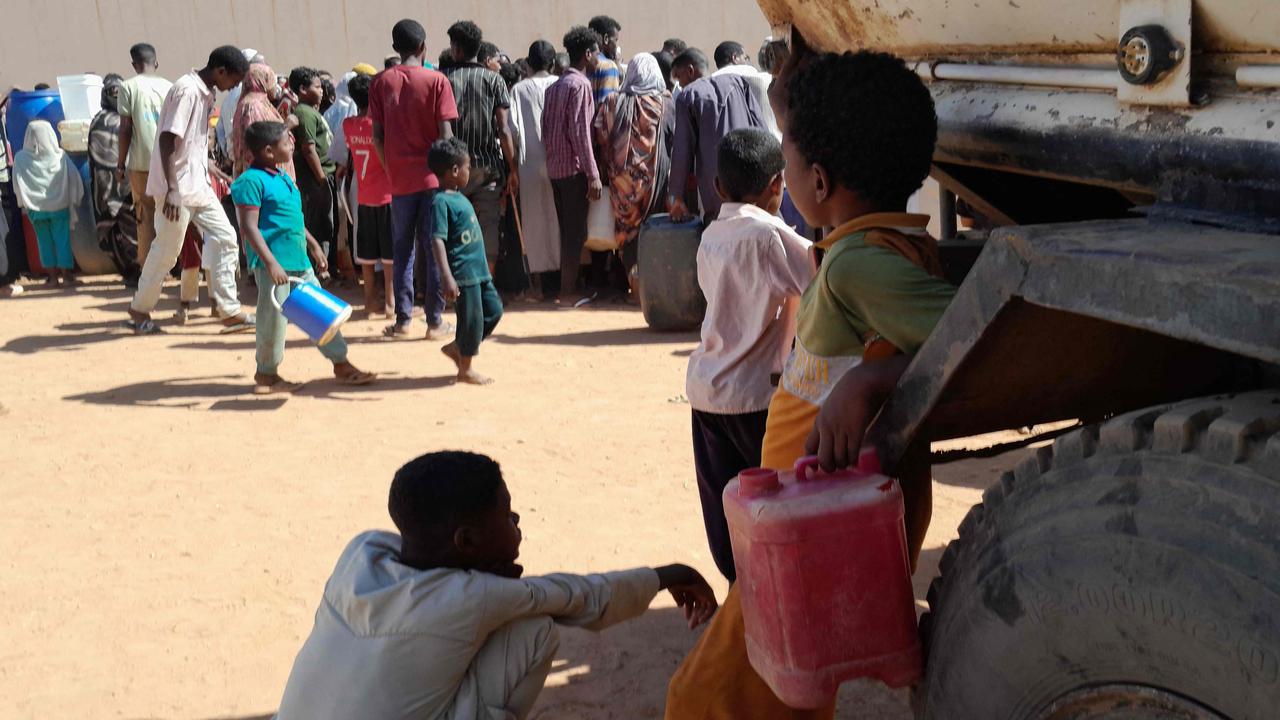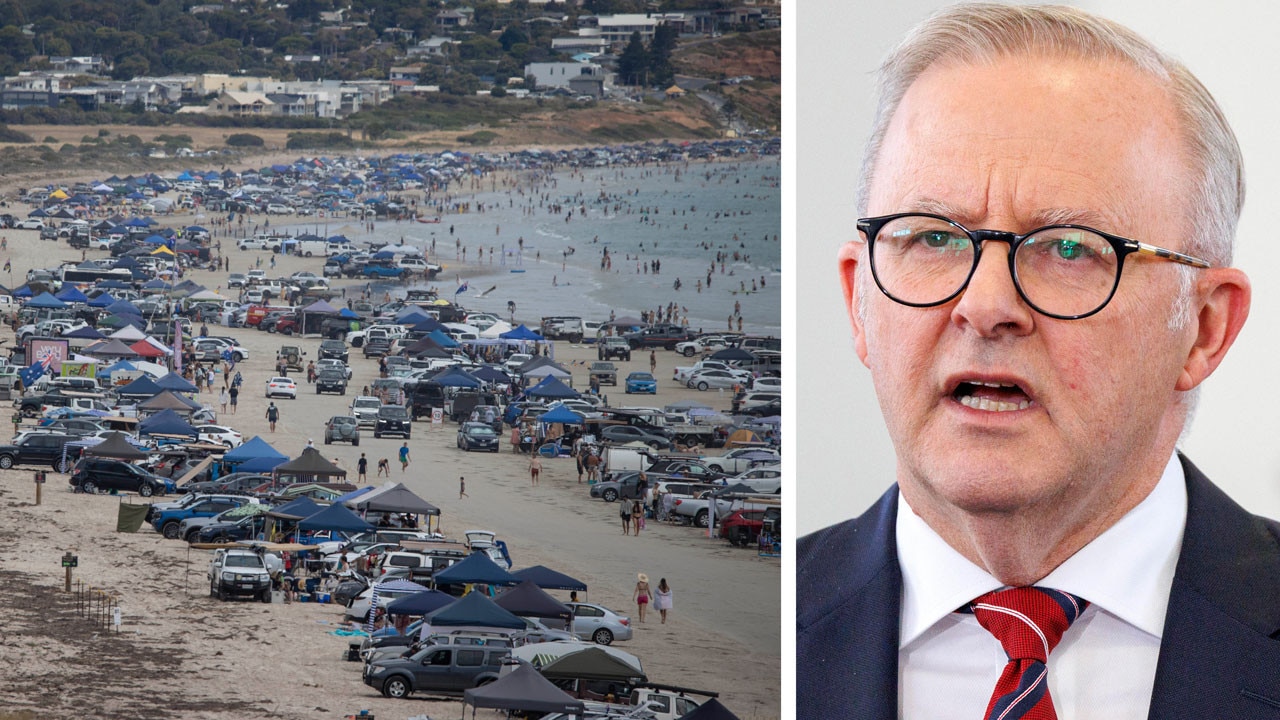Talking Point: Tasmanians still wary about opening our borders
Even before the outbreak in Melbourne, Tasmanians were in favour of strong borders – with the Premier even going toe-to-toe with the Prime Minister on the subject, writes Libby Lester.

Opinion
Don't miss out on the headlines from Opinion. Followed categories will be added to My News.
- Tassie cop faces court over death of tourist
- Aussies to get big tax cuts early
- ‘He epitomised the men of his generation’
- How police will crack down on Melburnians flouting restrictions
IN JUNE, with the Tasmanian Government facing mounting pressure to announce a date to lift border restrictions, the word “certainty” appeared in media commentary as though certainty was an object that could be delivered or withheld at the whim of those in power.
Certainty has increasingly been a valuable commodity for people, businesses, industries and institutions wanting to invest in what is, at the best of times, an uncertain future.
But COVID-19 demands a shift in the way we think about certainty, and how calls for certainty need to be carefully and openly balanced against risks, responsibilities and blame. Potential allocation of responsibility and blame will be a key issue for the State Government in coming weeks.
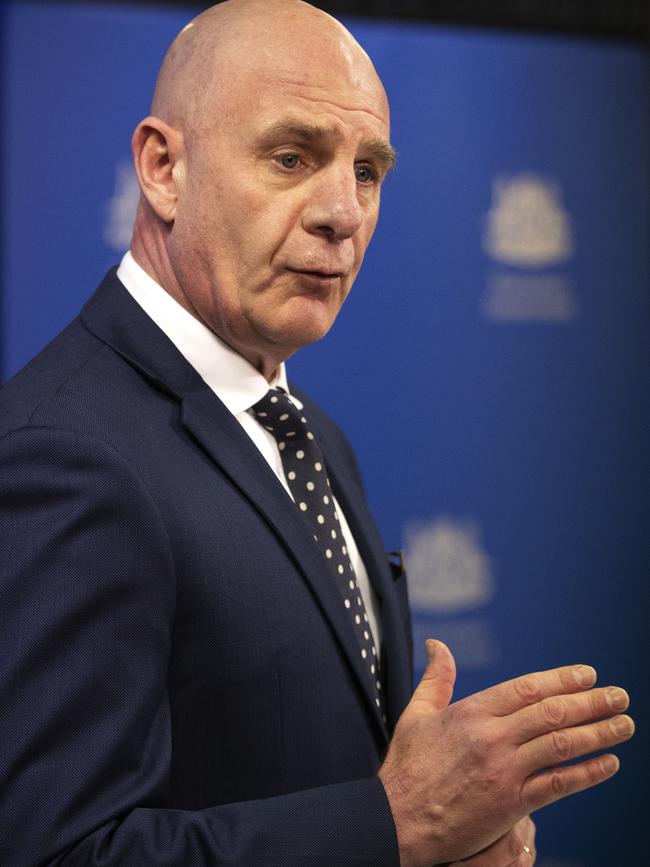
Premier Gutwein made it clear on June 26 that “if the Public Health advice is to maintain our restrictions, we will maintain our restrictions”.
He said he didn’t care who was calling for borders to reopen, “whether it be a lobby group or the Prime Minister”. “I simply won’t put Tasmanians’ lives at risk,” he said.
But as the state moves towards a July 24 reopening, and the Premier attempts to balance the calls for certainty against risks, it is not only the welfare of Tasmanians that needs to be taken into account.
When border restrictions are lifted and COVID-19 reappears, albeit in hopefully manageable form, who will be considered responsible?
Risks, after all, are rarely assessed without some attribution of responsibility.
Will it be those lobby groups who have insisted on certainty to allow the economy to restart? Will it be the governments who have lifted restrictions?
Or, worryingly, will it be those tourists, workers and students who are invited back to the island by our industries and institutions?
Findings from The Tasmania Project, a study led by the University of Tasmania’s Institute for Social Change, reveal deep concerns about border reopening that cannot be ignored as we move towards lifting restrictions.
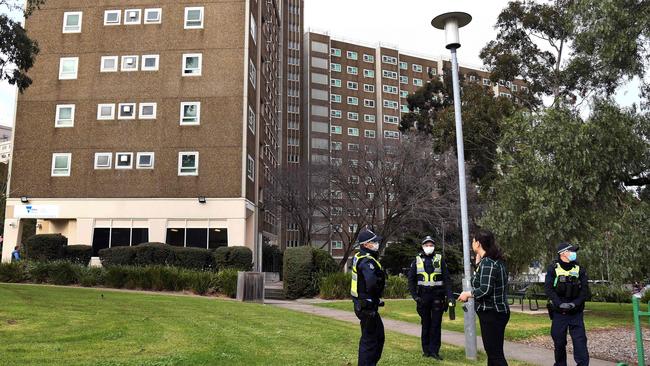
In surveys that began in April, we asked participants if the Tasmanian Government should keep border restrictions in place until COVID-19 was eradicated from Australia. In our first general survey, which closed on May 10 and had a final sample of 1159 respondents, 51 per cent agreed, 20 per cent were neutral and 29 per cent disagreed.
Respondents from the North-West and west, and the North, were more likely to agree (55 per cent) compared with the South (49 per cent). Females were more likely to agree (54 per cent) compared with males (43 per cent), as were younger respondents aged under 44 (58 per cent) compared with those aged 45 years or older (49 per cent).
While there was less agreement in our second survey, which closed on June 20 before the latest Victorian outbreak, and had 1258 respondents, 45 per cent still wanted border restrictions to stay in place, compared to 20 per cent neutral and 35 per cent disagreeing.
The age patterns were similar in both surveys, with younger people more likely to agree than older people. In short, a high number of Tasmanians across all regions and age groups are concerned about reopening borders.
These findings have been reinforced by responses to questions related to economic versus health concerns.
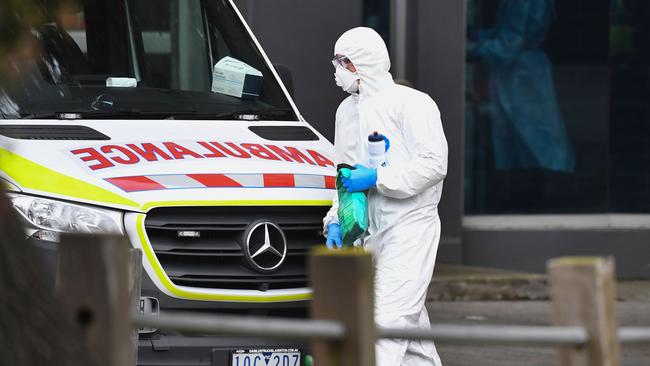
In our first survey, only one quarter of respondents said they were more concerned about the economic impacts of COVID-19 than health impacts. In the second, this dropped further to 19 per cent. Tasmanians remain far more concerned by health impacts than economic impacts.
Compliance with official measures has also been strong, despite clear signs of financial and food insecurity.
Seven per cent of respondents had already made early withdrawals on their superannuation, while one in four said in the Food Survey, which closed on June 6 and had 1170 respondents, that they had experienced food shortages during the crisis.
One-third of respondents considered themselves a vulnerable person in terms of COVID-19.
These findings point to a complex story about Tasmania and COVID-19, one of a community in which many are nervous about reopening, working hard to support official measures, more concerned about health than economy, and with a high level of vulnerability to the virus. In Tasmania, tourists, migrant workers and international students tend to be highly visible in our communities.
As we attempt to balance certainty and risk in preparing to reopen, we must address — in ways that might sometimes be confronting – the potential for particular groups, such as these to be unfairly singled out for blame, should the virus re-emerge here.
Calls for certainty in uncertain times might be understandable, but mitigating risks through clear communications, public education campaigns and transparent decision making can help protect Tasmanians, while also ensuring that those who arrive in coming months are made welcome.
Findings from The Tasmania Project are available at www.utas.edu.au/tasmania-project
Professor Libby Lester is director of the Institute for Social Change at the University of Tasmania.

